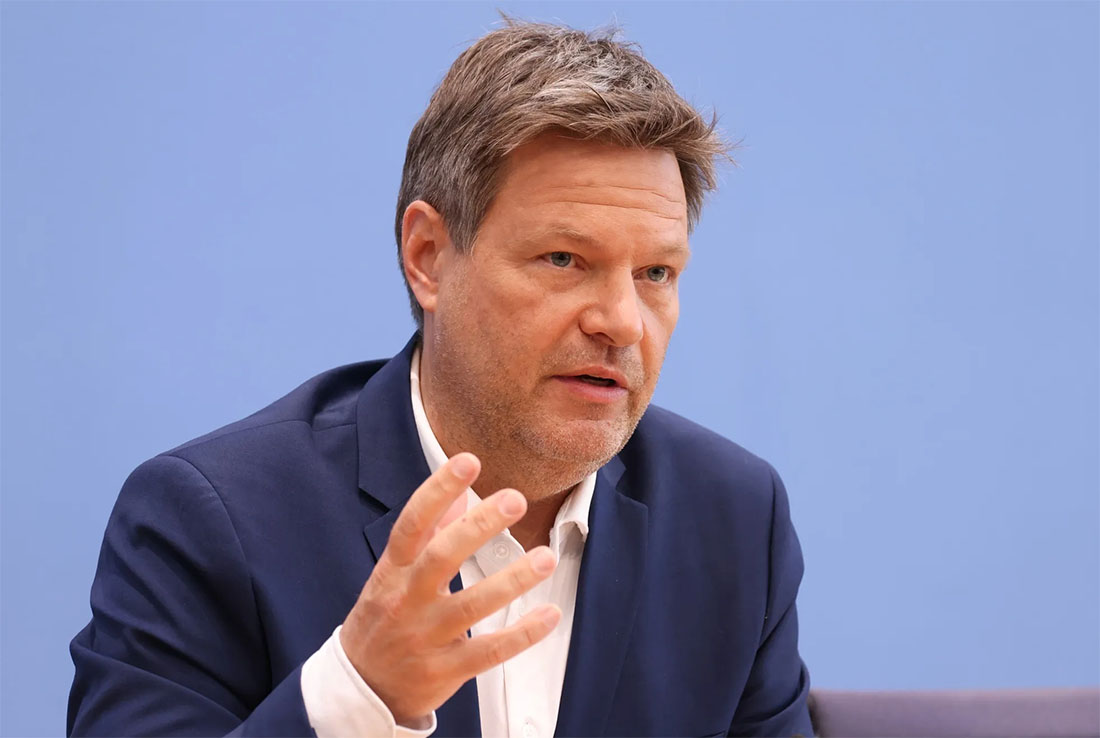Photo Credit: Getty Images
The German government announced on Wednesday that Europe's largest economy is expected to contract by 0.2% in 2024, marking an unprecedented second consecutive year of decline among G7 nations. This significant downgrade from the previously projected 0.3% growth reflects deepening concerns about Germany's economic resilience.
Economy Minister Robert Habeck, addressing the challenges head-on, emphasized the structural vulnerabilities now manifesting in the German economy. "Germany's economic model, previously bolstered by affordable Russian energy and robust global markets, faces unprecedented pressures," Habeck stated during a press conference in Berlin.
The manufacturing sector, traditionally Germany's economic backbone, has shown particular weakness. Recent developments in the automotive industry underscore these challenges, with Volkswagen, Europe's largest automaker, reducing its annual outlook and contemplating factory closures in Germany for the first time. BMW and Mercedes-Benz have similarly lowered expectations, citing declining Chinese demand.
Looking at specific indicators, the ministry projects exports to contract by 0.1% in 2024, while private consumption is expected to grow marginally by 0.2%. These figures reflect the broader economic stagnation, exacerbated by persistent inflation, though expected to ease to 2.2% in 2024 from 5.9% in 2023.
International observers note Germany's unique position. The International Monetary Fund's latest projections suggest Germany will be the only G7 economy to contract in 2024, a situation last observed in 2002-2003 when similar export and manufacturing challenges emerged.
Despite the gloomy outlook for 2024, the government maintains cautious optimism for the medium term. The ministry forecasts a return to growth of 1.1% in 2025, slightly up from previous estimates, with a further expansion to 1.6% projected for 2026. This recovery is expected to be driven by increased private consumption, supported by wage growth averaging 5.4% in 2024 and 3.5% in 2025.
To counter both cyclical and structural challenges, the government has proposed a comprehensive growth package comprising 49 measures. However, as Peter Adrian, president of the German Chamber of Commerce and Industry (DIHK), told the Rheinische Post, while welcome, these measures may not suffice to "truly get Germany back on track economically."
The global context adds another layer of uncertainty. Habeck specifically warned about the potential impact of the upcoming U.S. presidential election, noting that a victory for Donald Trump, who has proposed blanket tariffs on foreign imports, could further complicate Germany's economic recovery.
The coming months will be crucial in determining whether the country can maintain its position as Europe's economic powerhouse or if more fundamental restructuring will be necessary to restore growth and competitiveness.


